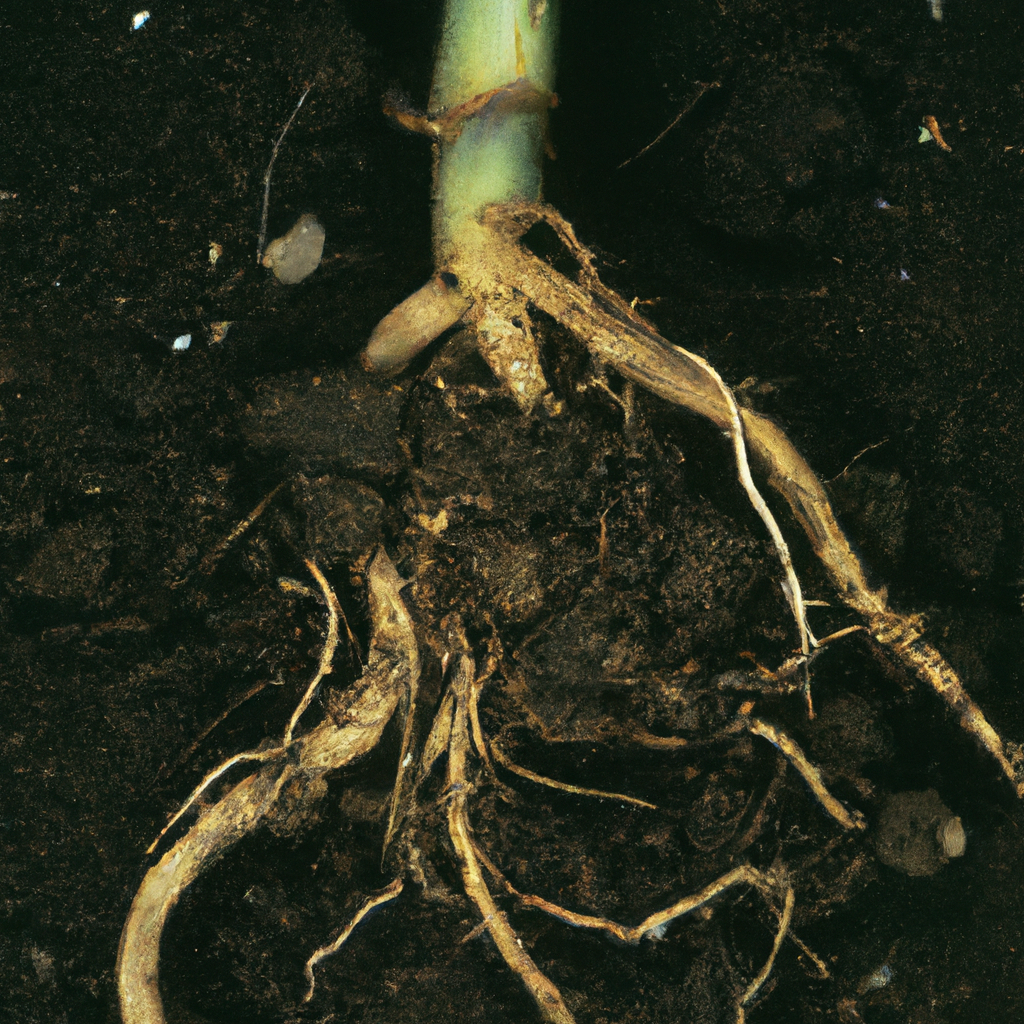
The Hidden Half of Nature: The Role of Soil in Our Ecosystem
Soil is often overlooked as an essential component of our ecosystem. It is the foundation upon which all life on earth depends. In their book, “The Hidden Half of Nature,” David Montgomery and Anne Biklé discuss the critical role of soil in our ecosystem and how it is often neglected.
The Importance of Soil
Soil is a complex mixture of organic and inorganic matter, which provides nutrients, water, and support for plant growth. It is also home to a vast array of microbes and other organisms that play critical roles in the ecosystem. These organisms are responsible for breaking down organic matter, releasing nutrients, and improving soil structure.
Healthy soil is essential for maintaining a healthy ecosystem. It helps regulate water flow, sequesters carbon, and supports biodiversity. Soil also plays a critical role in mitigating the effects of climate change by storing carbon and reducing erosion.
Soil Degradation
Despite the importance of soil, it is often degraded by human activities such as deforestation, overgrazing, and industrial farming. These activities cause soil erosion, nutrient depletion, and loss of biodiversity, leading to reduced productivity and increased vulnerability to climate change.
Soil degradation is a significant threat to our ecosystem, and we must take steps to address it. One way to do this is through sustainable agriculture practices, such as crop rotation and cover cropping, which help maintain soil health and reduce erosion.
The Role of Microbes
Microbes play a vital role in maintaining soil health. They are responsible for breaking down organic matter, releasing nutrients, and improving soil structure. These activities help create a healthy environment for plants to grow.
Recent research has shown that the diversity of soil microbes is critical to maintaining soil health. In particular, the presence of beneficial microbes, such as mycorrhizal fungi, can significantly improve plant growth and nutrient uptake.
The Importance of Biodiversity
Biodiversity is essential for maintaining a healthy ecosystem. It helps regulate climate, provide food and medicine, and maintain soil health. Biodiversity also plays a critical role in mitigating the effects of climate change by sequestering carbon and reducing erosion.
Unfortunately, human activities such as deforestation and industrial farming have led to a significant loss of biodiversity. This loss of biodiversity has resulted in reduced productivity and increased vulnerability to climate change.
Conclusion
In conclusion, soil is a critical component of our ecosystem, and its importance cannot be overstated. Soil provides the foundation for plant growth, regulates water flow, sequesters carbon, and supports biodiversity. However, soil is often neglected and degraded by human activities such as deforestation, overgrazing, and industrial farming.
To maintain soil health and protect our ecosystem, we must take steps to address soil degradation. This includes promoting sustainable agriculture practices, supporting biodiversity, and protecting natural habitats. By doing so, we can ensure that soil continues to play a vital role in maintaining a healthy and thriving ecosystem.



